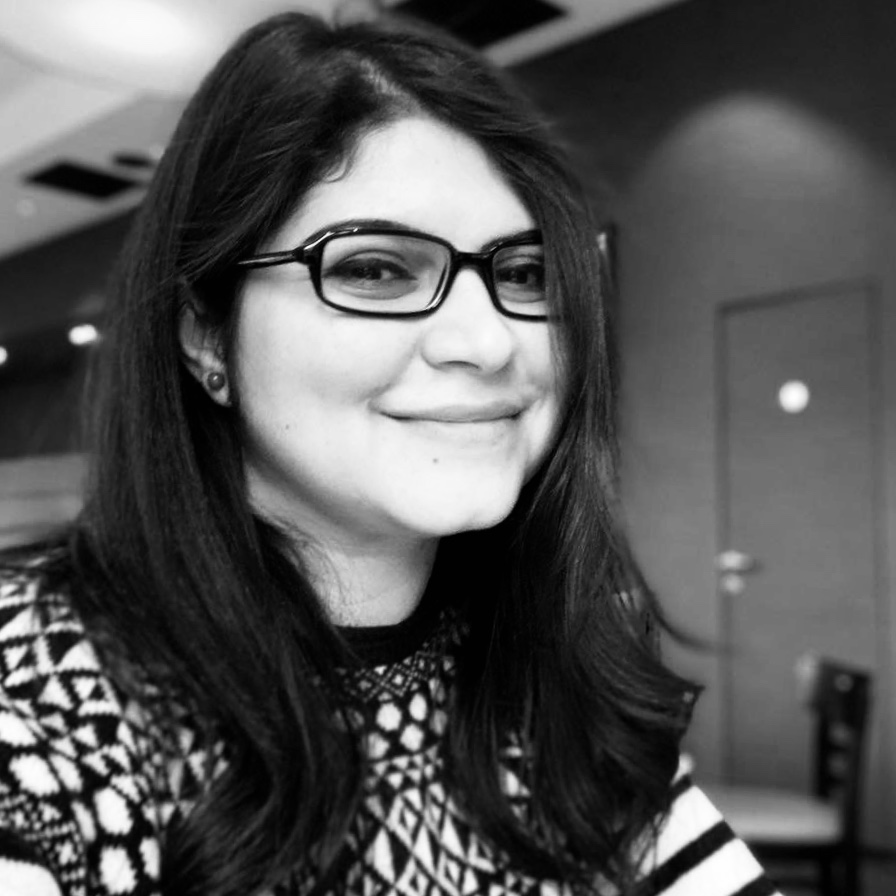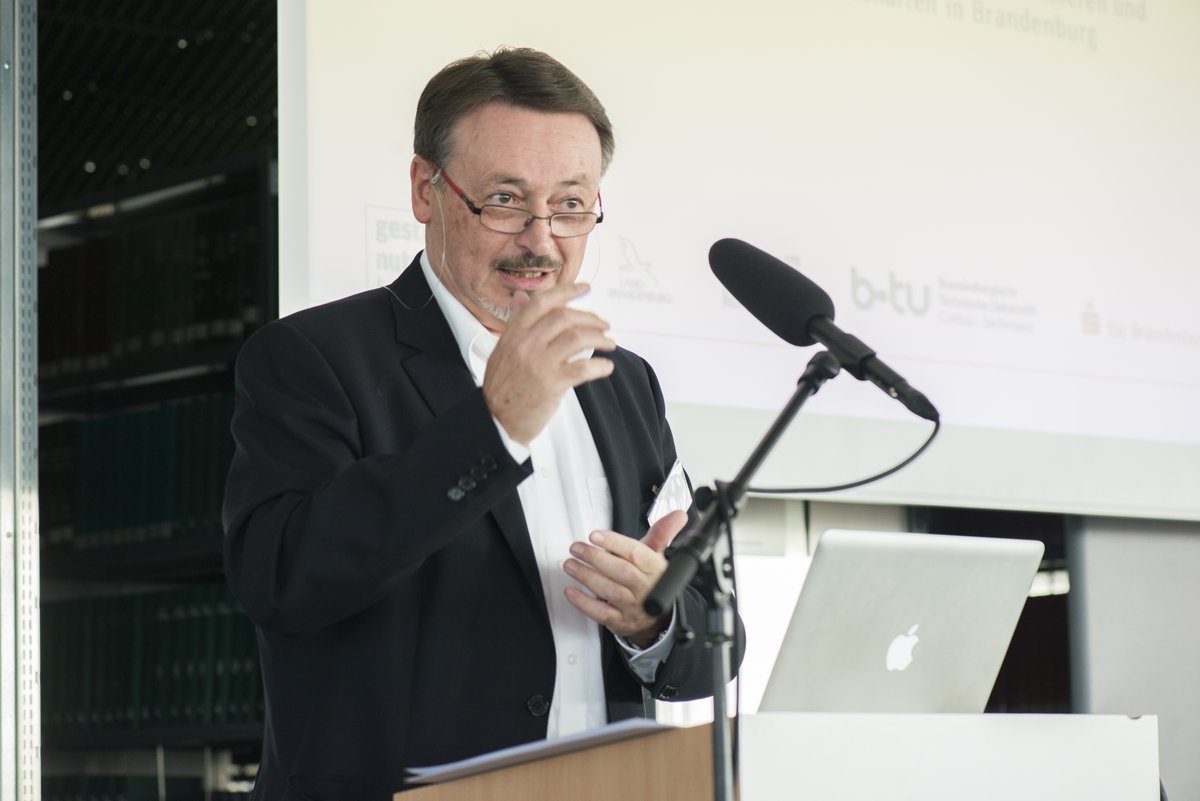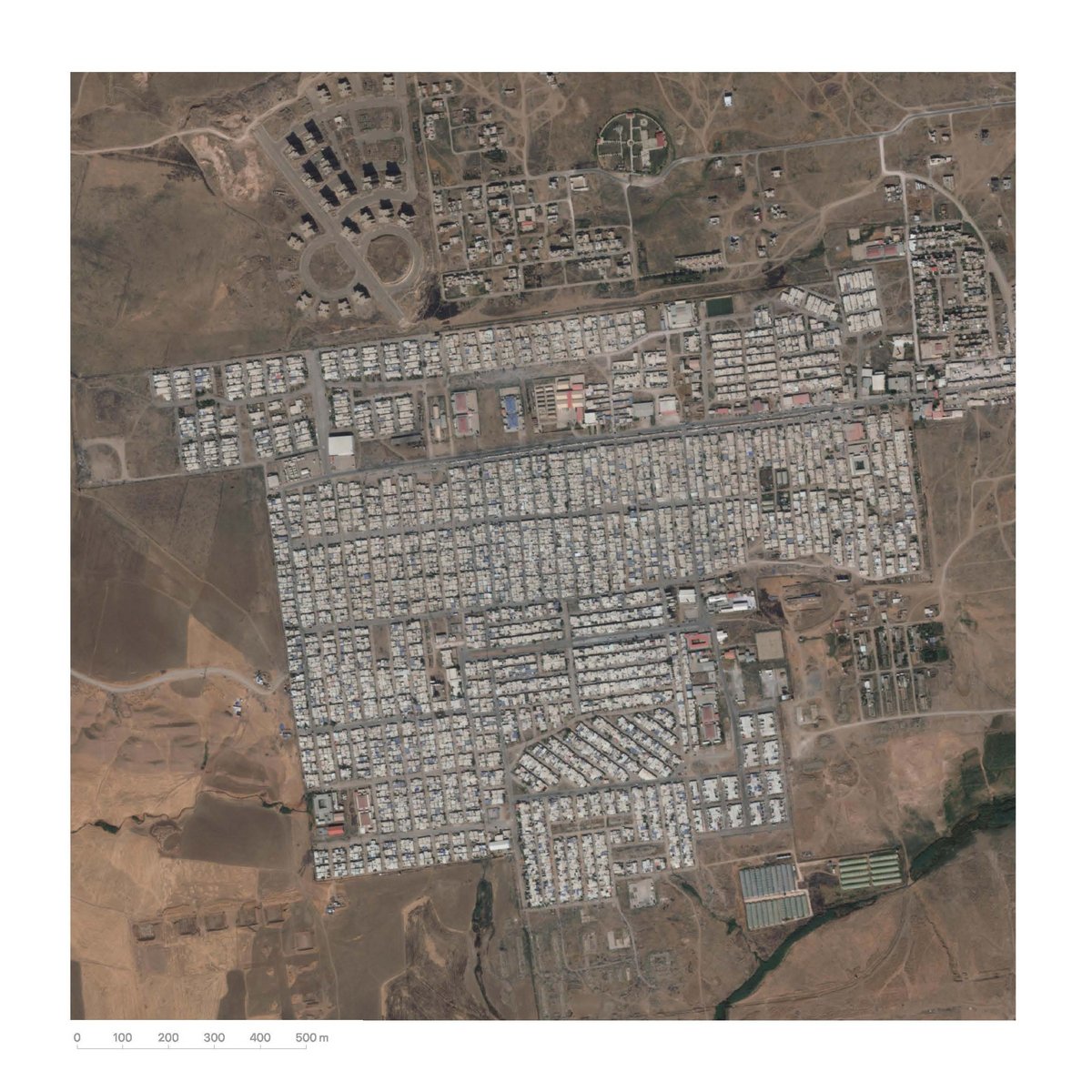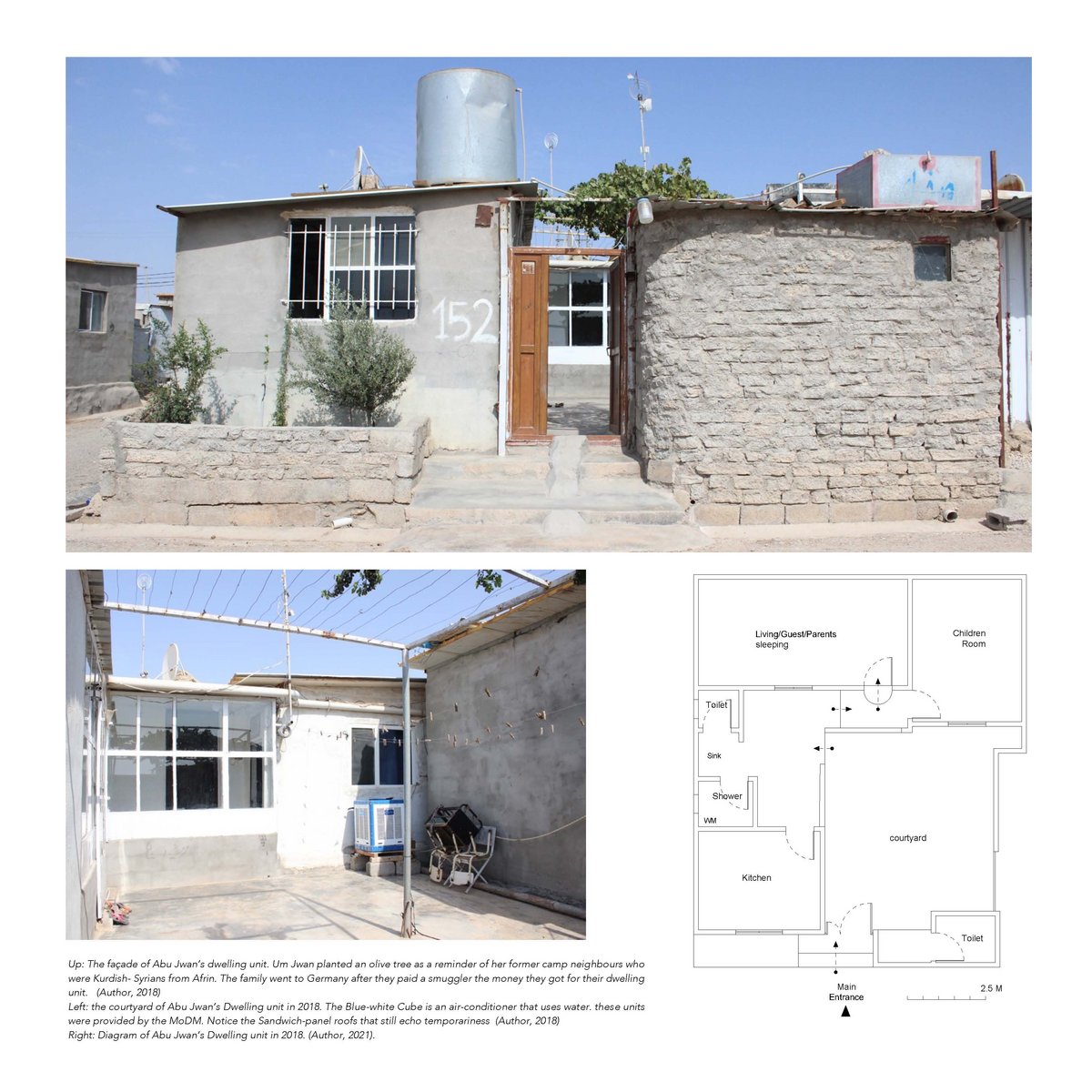Dr.-Ing. Layla Zibar successfully completed her doctorate at two universities in Cottbus and in Leuven (Belgium)
Dr.-Ing. Layla Zibar is at home all over the world: She completed her binational doctorate at the Brandenburg University of Technology Cottbus-Senftenberg (BTU) and the Catholic University of Leuven (Belgium). In February 2023, she successfully completed her doctoral studies in the chair of Urban Design, supervised by Prof. Heinz Nagler. Prior to that, she studied Architecture and Engineering at the University of Aleppo (Syria) and Urban Planning, Municipal Development and Civil Engineering at Cairo University (Egypt).
In this interview, she and Prof. Heinz Nagler discuss their experiences and benefits of a Cotutelle doctorate.
Dr.-Ing. Zibar, can you briefly describe what you dealt with in your dissertation?
My doctoral research dealt forced displacement urbanisms in the Kurdistan Region of Iraq. I focused on how settlements and (humanitarian) camps set anew became tools to oppress and care for the displaced groups, and became a reminder of how the temporary “waiting” is spatially conceived, perceived and lived. Using territorial biographies, it traces receiving sites’ genealogies and explores how territories become spatial junctures for recalibrating shifting modes of power, presence and refuge practices in such politically contested region.
Personally, I have always been fascinated by how unfamiliar spaces became the canvas where displaces recollect the fragments of the self and (re)configure the collective, use the rupture as a possible gate to better chances in life may dwell, and (re)form memories as a drive to (re)build the (new)whole, all in an alien land. This fascination has also been provoked by my personal journey: Being a Kurd, a Syrian, and a migrant, with a family of different forced displacement trajectories in constant search for roots and possibilities to (re)root.
How would you evaluate your experience of completing a doctorate at two universities?
Very rewarding. Not only did I get the opportunity to expand my personal network, but also to learn about different teaching and mentoring methods, educational models, societies and cultures, enhancing my academic profile. I was exposed to a wide range of education models, topics, and geographical locations that broadened my horizons and knowledge. By crossing the globe between Europe and the Middle East, I was exposed to various topics - from heritage preservation to landscape urbanism and forced migration interrelations, from design to theory. Each location offered a unique perspective on the world of personal discovery, academia and research. Although the doctorate presented its fair share of challenges with different sets of regulations, requirements, and research methods, I persevered and ultimately came out on top. The experience not only strengthened my research skills but also prepared me for future collaborations with colleagues from wide variety of backgrounds.
With this in mind, I can highly recommend binational doctoral studies to anyone looking for an intensive and comprehensive approach to academia. The journey may not be easy, but the results are certainly worth it.
What did you do after completing your doctorate?
I am currently working as a postdoctoral researcher on the project "REFUFAM - The Integration of Refugee Families in Belgium" at the KU Leuven. I also support the Syrian and Iraqi reconstruction projects at BTU as a consultant and trainer. My academic training, research and professional interests aim towards understanding the interrelation between rights, crises, forced displacement, urbanisation processes and lived experiences.
What are your plans for the future?
My plan for the future has two axes: the first is to develop a use of territorial biographies as a research method to understand forced displacement as an act of presence that cannot simply be erased through dislocation or emplacement. The second axis is to support students and future colleagues to understand and engage with forced displacement as a tool for changing inherited worldviews.
Prof. Dipl.-Ing. Nagler, as a doctoral supervisor, how would you evaluate the experience of a Cotutelle doctorate?
In the case of complex questions that require a multiple-disciplinary approach, cooperation with a foreign university that takes a complementary perspective is of great advantage. In this specific case, the Chair of Urban Planning and Design at BTU Cottbus-Senftenberg has special expertise in the urban-spatial component, which is, of course, of outstanding importance for the design and construction of refugee camps. KU Leuven has great experience and expertise in the theory of socio-spatial as well as socio-geographical criteria. Thus, this supervisory potential represents a good framework condition for a successful doctorate. The inevitable involvement in different academic traditions is of great value for the doctoral candidate's further research activity. In addition, the opportunity to learn or deepen another language offers a high relevance for personality development.
What advice would you give to colleagues who are considering supervising a binational doctoral candidate?
From my point of view, it is important for the actual supervisors, but especially for the faculty, that the process is continuously accompanied by a central office. This is especially the case for the examination phase. In this way, the supposed risk of committing procedural errors that could possibly endanger the doctorate can be avoided. Offering this "service" from a central office can lower the inhibition threshold to accept supervision, as there are fears of additional formalities for Cotutelle doctorates.
As the doctoral candidate usually chooses the foreign university, there is initially no personal relationship between the supervisors. It would certainly be worthwhile to provide assistance here in establishing contacts.
The Unit for Young Academics will be happy to advise you on questions regarding the objectives, initiation and implementation of a cotutelle doctoral studies.
Specialist contact
HVP 2 Wissenschaftlicher Nachwuchs
T +49 (0) 355 69-4633
gypseste(at)b-tu.de




